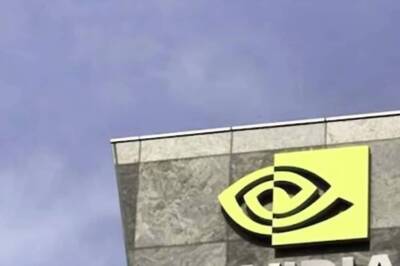
views
Mumbai: The BSE Sensex closed 209 points down after the government unveiled a budget for the 2012-13 fiscal year that was seen as too modest for a corporate sector looking for more concessions.
The main 30-share BSE index provisionally fell by 209 points and closed at 17466. The 50-share Nifty index fell a by 62 points and closed at 5317.
The fall was majorly led by oil & gas, power, capital goods, metals and banks; respective indices were down 1.5-3 per cent.
Oil explorers such as Oil & Natural Gas, Oil India and Cairn India were among the leading decliners after the budget proposed raising cess on crude oil to 4,500 rupees per tonne from 2,500 rupees per tonne.
Oil & gas producers and index heavyweights Reliance Industries and ONGC dropped 2.5 per cent & 5 per cent, respectively.
Country's largest lenders SBI and ICICI Bank were down 2.5 per cent and 1 per cent, respectively. Capital goods majors L&T and BHEL slipped 2-2.7 per cent.
The BSE benchmark was down 160 points to 17,516.01 and the NSE benchmark fell 43 points to 5,337.10.
Private steel companies Jindal Steel and Sterlite Industries tanked 3-3.7 per cent.
However, shares of ITC and M&M outperformed others, rising 2-3 per cent. TCS, HDFC Bank, HDFC, Wipro, DLF and Maruti were up 0.4-0.8 per cent.
Standard Chartered IDR was locked at 20 per cent upper circuit after the Finance Minister proposed 2-way fungibility of IDR (Indian Depositary Receipt) in his Union Budget 2012-13.
According to investopedia.com, fungibility means - cross-listed stocks are considered fungible because it doesn't matter if you purchased a share of XYZ stock in its home country or in a foreign country; it should be accepted at either location as XYZ stock.


















Comments
0 comment